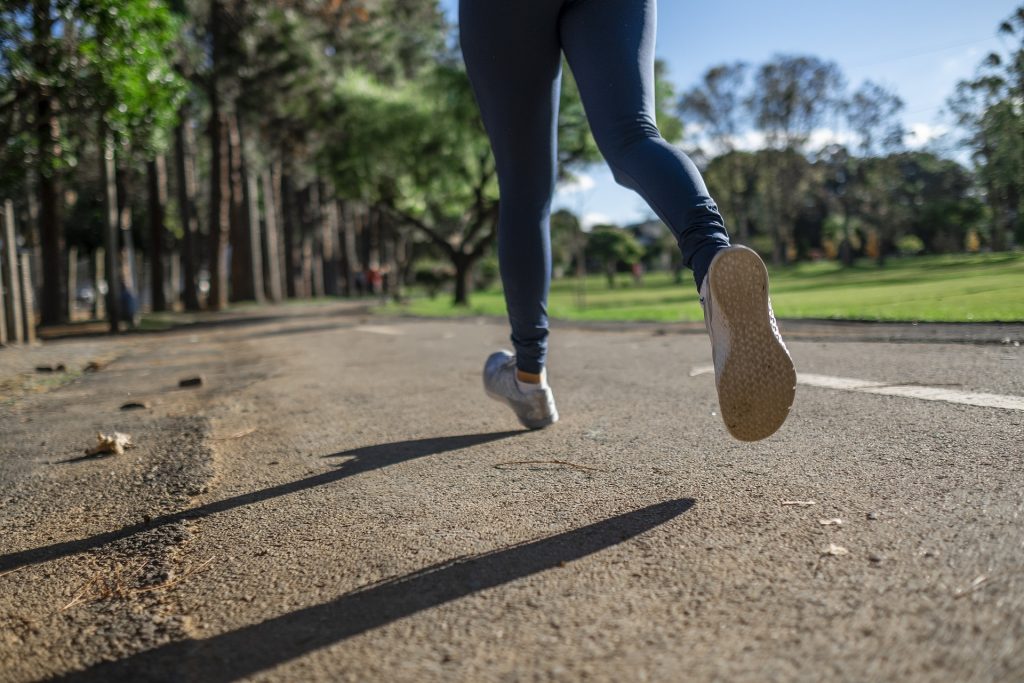As the saying goes, “slow and steady wins the race.” While speed workouts and long runs may be the most exciting parts of race training, they aren’t the only runs that can contribute to success. Recovery runs, done at a low intensity, are just as important. There are many ultra-marathon footwear in the market today and one of the best is Tarkine shoes.
Many runners make the mistake of pushing themselves too hard all the time, but running slower can actually help you become a faster runner. Recovery runs are low-intensity runs that you do when your legs are tired from previous training, but you want to add more mileage to your week. These runs are done at a light, controlled effort that doesn’t cause any additional muscle damage or require extra recovery time.
 Recovery runs don’t flush out lactic acid, but they do help pump oxygen-rich blood into your muscles, leaving you feeling better after the run. It’s best to cap them at around 60 minutes in duration. Running more miles per week is one of the biggest predictors of running performance, but increasing mileage too quickly can increase your risk of injury. Recovery runs can help you add to your weekly mileage without increasing your risk of injury.
Recovery runs don’t flush out lactic acid, but they do help pump oxygen-rich blood into your muscles, leaving you feeling better after the run. It’s best to cap them at around 60 minutes in duration. Running more miles per week is one of the biggest predictors of running performance, but increasing mileage too quickly can increase your risk of injury. Recovery runs can help you add to your weekly mileage without increasing your risk of injury.
You can do a recovery run on the day after a speed workout or long run, but you can also turn any easy run into a recovery run by simply running slower than usual. The only time you should skip a recovery run is if you’re sick, injured, or sleep-deprived.
View this post on Instagram
Running slower doesn’t necessarily make you slower overall. Running too fast too often can lead to burnout and injury, which can actually make you slower in the long run. The key is to apply an appropriate training load and allow for proper recovery time.
The ideal pace for a recovery run is based on perceived effort. Recovery runs should start out feeling slow and controlled, with a perceived effort level of around 3 out of 10. A good rule of thumb is to run at least 3 minutes per mile slower than your 5K pace or 2 minutes per mile slower than your marathon pace.
Aside from the physical benefits, recovery runs also offer mental benefits. They can help you avoid burnout during high-mileage training cycles, and they give you a chance to slow down and enjoy your surroundings. Whether you take in nature, snap some pictures, or listen to an audiobook, recovery runs can help you stay refreshed and motivated throughout your training.




